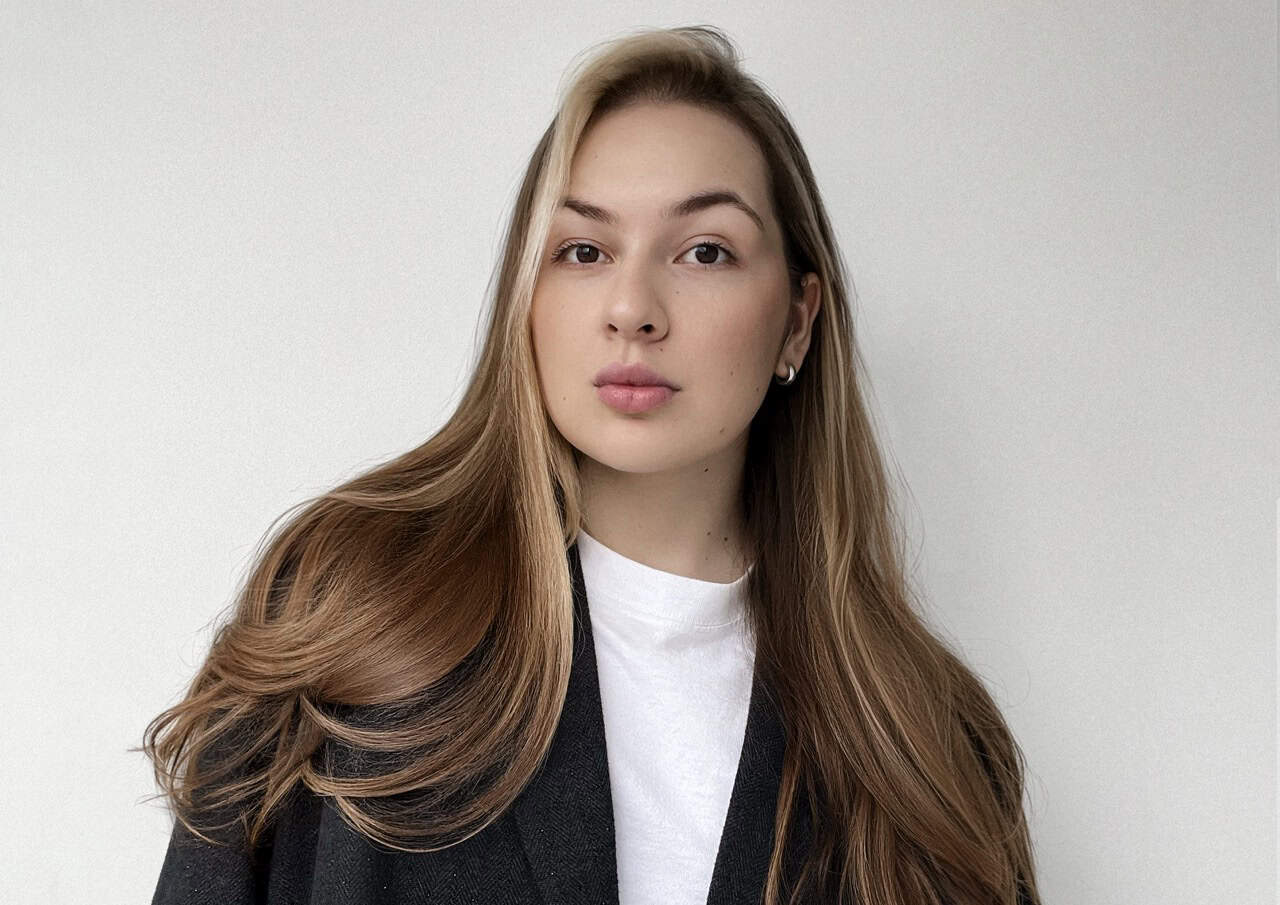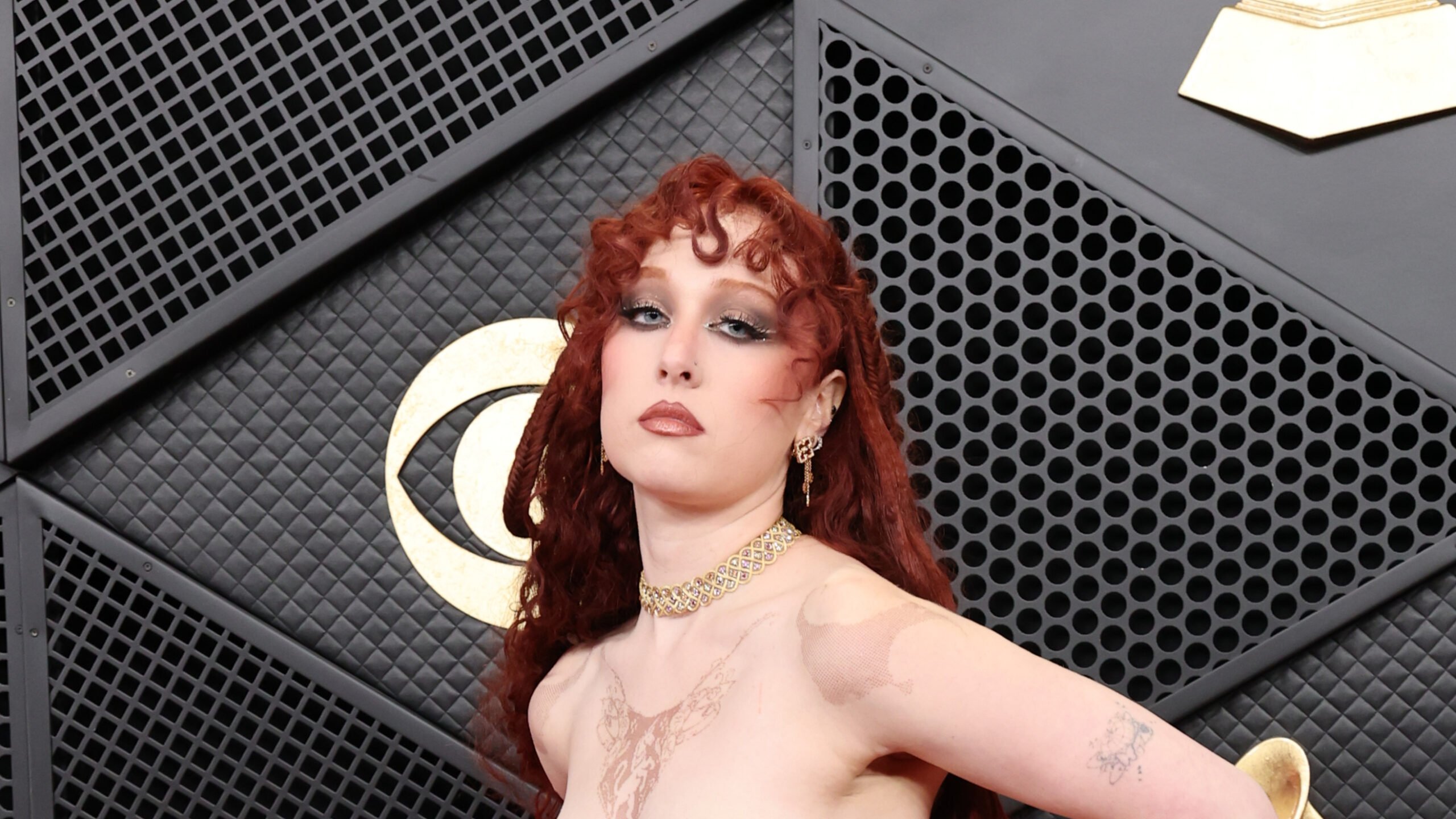Jonathan Majors will finally have his day in court.
The Creed III and Marvel Cinematic Universe actor’s criminal trial on misdemeanor assault and harassment charges begins Wednesday in Manhattan. It stems from an alleged altercation with Majors’s former girlfriend, Grace Jabbari, in March.
How long will the trial last? Is he facing jail time? Why did prosecutors decline to charge his accuser? Get up to speed.
When does the trial begin?
The jury trial will begin Wednesday, Nov. 29, at 9 a.m. ET in New York Criminal Court.
What are the charges?
There are five in total. Four are misdemeanor charges: assault in the third degree for recklessly causing physical injury, assault in the third degree with intent to cause physical injury to another person, attempted assault with intent to cause physical injury to another person and aggravated harassment in the second degree. The fifth charge is a violation, not a misdemeanor, for harassment in the second degree involving physical contact.
What do we know about Majors’s March 25 arrest?
-
NYPD has said: Officers responded to a 911 call from a Manhattan apartment, where a woman claimed she had been assaulted by Majors. Jabbari, the alleged victim, who had been in a relationship with Majors for several years, was treated at a hospital for minor injuries to her head and neck. Majors was taken into custody and released on his own recognizance. Jabbari was granted a temporary order of protection.
-
Majors has said: The actor, who has pleaded not guilty, has vehemently denied the accusations via his attorney Priya Chaudhry. Chaudhry has maintained that her client is the victim and said he called 911 himself because Jabbari, who worked as a movement coach alongside Majors on Disney’s Marvel movie Ant-Man and the Wasp: Quantumania, was having “an emotional crisis,” and he needed protection. She has claimed there’s evidence clearing Majors, including footage of Jabbari clubbing after the fight, and called the Manhattan DA’s case “a witch hunt.”
-
The DA has said: Per a 115-page report released in October, prosecutors say Majors and Jabbari were taking a private car service from a Brooklyn party to their Manhattan apartment when she allegedly saw a text on his phone that said, “Wish I was kissing you right now.” She grabbed the phone to see who sent it, resulting in a physical response from Majors — including picking her up and throwing her back in the car after he got out and she followed. Jabbari’s injuries were said to include a fractured finger, bruising about her body, a laceration behind her right ear and a bump on her head.
How long will the trial last?
“I would be surprised if it went beyond five to seven days,” Judie A. Saunders, a former NYC prosecutor who now leads the sex abuse and trafficking department at the law firm ASK LLP, tells Yahoo Entertainment. “I would even daresay it could be as brief as three days. Usually a trial will be prolonged if the parties are calling experts, and I do not, from the allegations as I understand them, see there being a need for extensive experts in this type of case.”
The DA’s office disclosed it had a police report and medical records detailing allegations of “physical assaults” from a separate 2022 incident in London deemed relevant to this case. There was also a report claiming additional victims were talking to the DA. How will that factor in?
While it’s not uncommon for prosecutors to make a request to bring other victims, testimony and evidence of similar misconduct into a trial, they have to tread cautiously because it’s “an area that’s always ripe for having a conviction reversed,” explains Saunders. Defense attorneys can argue that it’s prejudiced to the accused. So if the prosecution already has a solid case — which the assumption is they do, or they wouldn’t pursue it — they could more easily move forward without additional victims.
If information about other alleged assaults is incorporated, the London case, specifically, could be used by prosecutors “to give context and say, ‘It’s not just this case in the U.S. There are other investigations going on [involving Majors],’” Saunders says. “That lends credibility and gives further context to this case.”
Why has it taken so long for this trial to begin?
The trial has been pushed back three times after the parties asked for extensions, but that timeline is pretty standard, says Saunders. “You’re talking about the Manhattan DA’s office — there are thousands of cases that are processing” at the same time. “I’ve seen cases go on longer than this.”
The delays also potentially allowed for a behind-the-scenes resolution to avoid trial, she adds, explaining, “I’m sure that — without knowing the very details, I can speak in general — there has been back-and-forth discussion on some type of settlement. … So that would likely have been the cause of some of the delay.”
Why wasn’t his accuser charged in the incident?
In June, Majors’s attorney filed a cross-complaint against Jabbari, claiming she was the aggressor in the March incident and caused Majors pain and bleeding. In October, Jabbari, who is British, was arrested in New York on charges of assault and criminal mischief due to that cross-complaint and issued a desk appearance ticket. However, the DA declined to prosecute, saying the case lacked “prosecutorial merit.”
Saunders says that she’s seen a trend in sexual and physical violence cases in which the accused are “very offensively using the law to do such things as file criminal charges against alleged victims or file civil suits for defamation. You’re seeing this almost offensive weaponizing of the law to try to really … attack survivors.”
In this case, “Mr. Majors’s attorney has been very aggressive in the defense of her client, as she should be,” Saunders says. “I’m not criticizing. I’m sure she believes in the defense. … But I find it interesting, and you should pay attention to the [fact that the] prosecution did not pick up the NYPD case [against Jabbari], and instead she was issued the desk appearance ticket. That’s when the case doesn’t even go to the misdemeanor or the felony department within the prosecutor’s office; she just appears in court. And traditionally these desk appearance tickets … if they’re not dismissed outright, they’re usually disposed of. … So I find it interesting that … the prosecution didn’t pick up that case, and I think I can speculate that the reason they didn’t is because they have within their case evidence to show that she was not the aggressor.”
Majors showed up at his August hearing with his new girlfriend, actress Meagan Good, and looked every bit the movie star with his sunglasses and suit. Does that help, hurt or have no impact on a juror’s perspective?
All of that “is not by mistake,” says Saunders, who calls the law “part theatrics in every sense of the word.” Image is looked at ahead of time by the lawyers, who “focus-group everything down to the detail.” They talk about what a client will wear and provide a suit or outfit to a client without means. They also make sure the defendant has family and supporters present and sitting behind them in court.
“All of that plays into it, so, yes, Mr. Majors showing up in a steady relationship — that says immediately to a juror or [to] the public: ‘This is not someone that women, that others, should be afraid of. He’s a normal person. There’s an alternative story that’s going on here.’”
Jonathan Majors arrived at his August 23 hearing hand in hand with his new girlfriend, Meagan Good. (Alexi Rosenfeld/Getty Images) (Alexi Rosenfeld via Getty Images)
How much jail time is Majors looking at if convicted?
While Majors faces up to a year in jail if convicted, don’t expect him to be put behind bars. For one thing, he’s facing misdemeanor, not felony, charges. Also taken into consideration is any past criminal history, which Majors doesn’t seem to have. Among other things that will be considered is the severity of the victim’s injuries.
“Just in general, when you think about the person’s criminal history, their context, I would think that this is not a case where he would be facing jail time,” Saunders says. “I would not expect there to be a request by the prosecutor for jail time.”
Where will this leave Majors professionally?
An acquittal is obviously the goal, but either way, it’s a rocky road as far as his career. As Yahoo has reported, there has been significant fallout for Majors, who had been viewed as a rising star in Hollywood amid the success of HBO’s Lovecraft Country, roles in a series of lauded indie films and being tapped to play MCU’s Kang in several titles leading up to Avengers: The Kang Dynasty.
Almost immediately — as you can follow in a detailed timeline — his agent and publicist dropped him. He was cut from multiple projects and lost brand deals. A Rolling Stone exposé followed, claiming the actor’s “extreme abuse” dated back decades and alleging that Majors was physically and/or emotionally abusive with two previous romantic partners. (He denied the allegations.)
Nonetheless, Majors was featured prominently in Season 2 of Loki as a variant of Kang. And it was announced on Monday that Avengers: The Kang Dynasty is moving ahead, with Loki creator and writer Michael Waldron penning the script. The film is now expected to have a 2026 release. While that gives the waters time to settle, it also allows time for Marvel to recast the role, which is reportedly being discussed.
You can view the original article HERE.

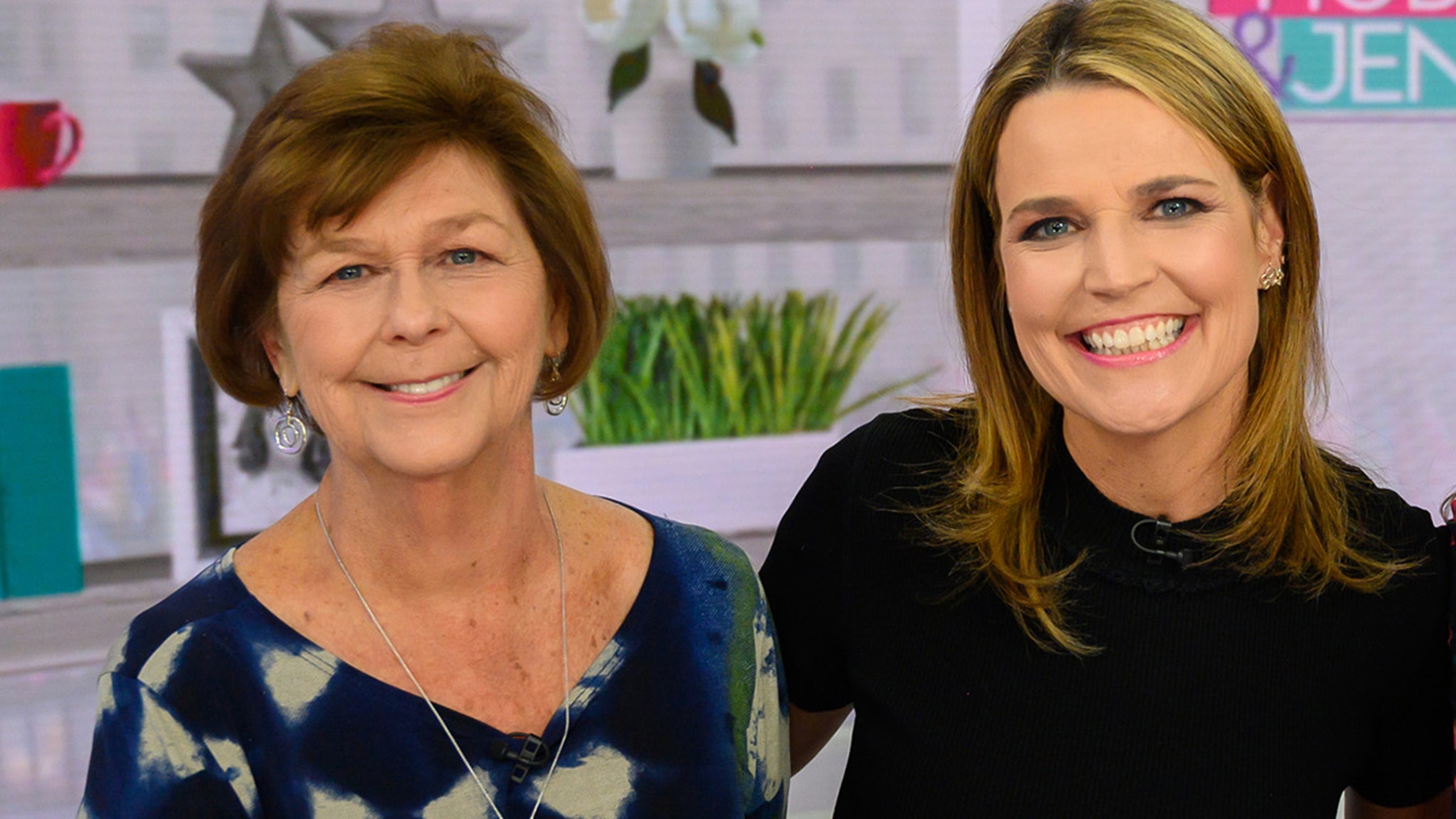
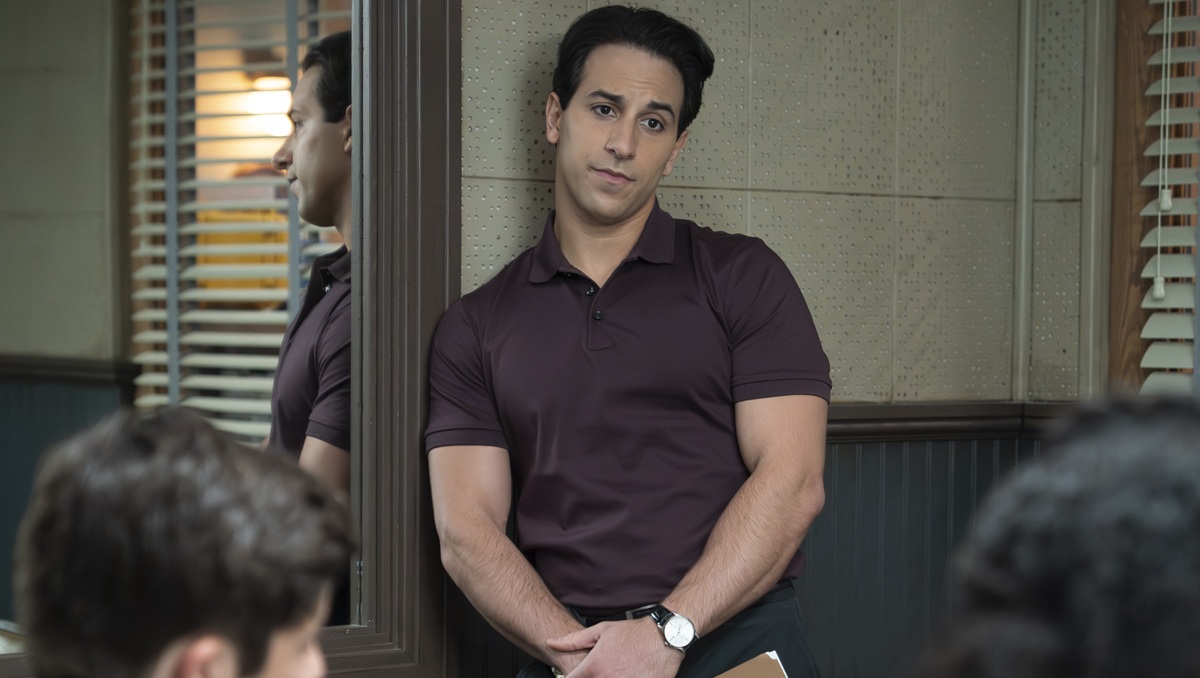


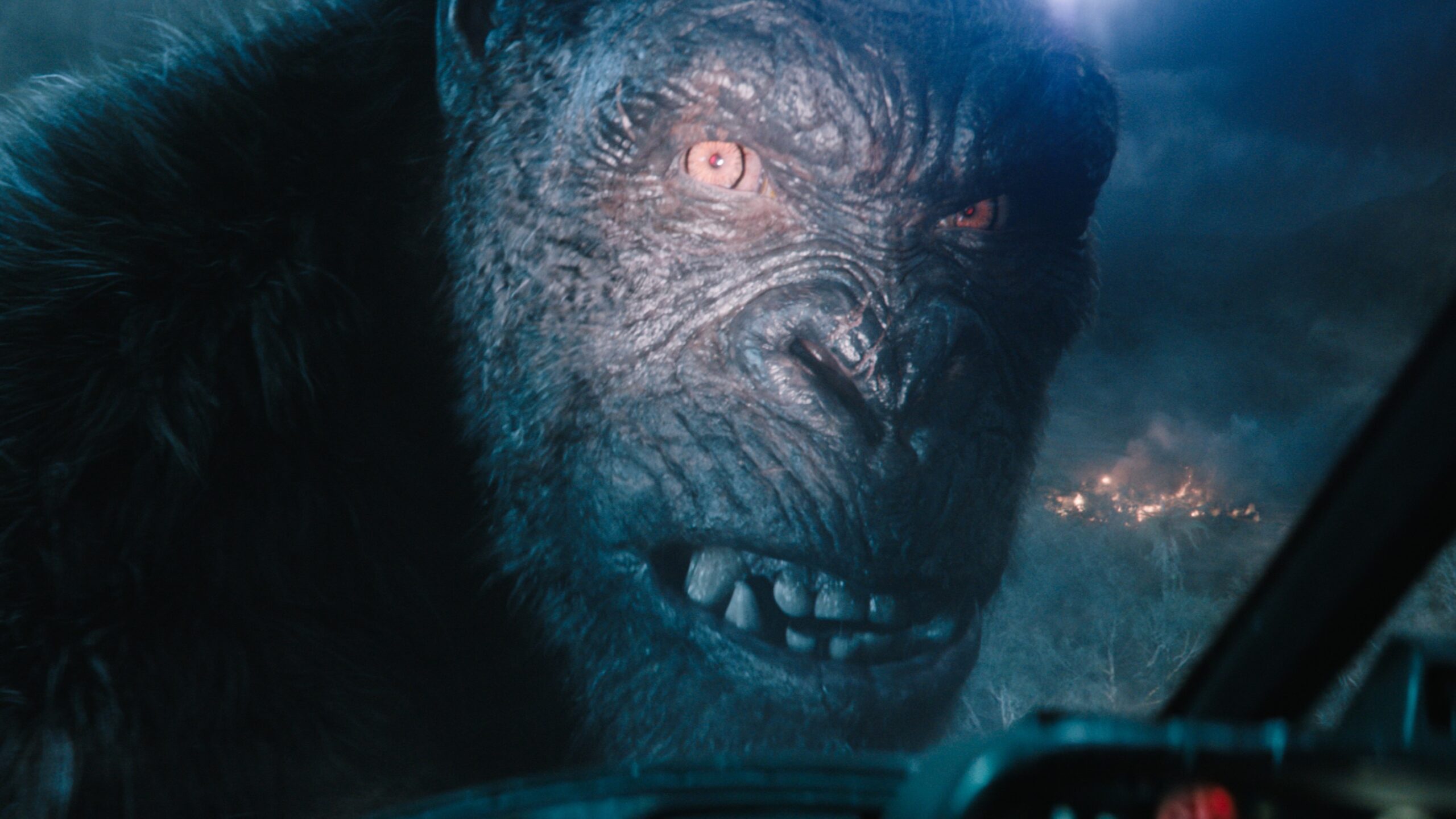

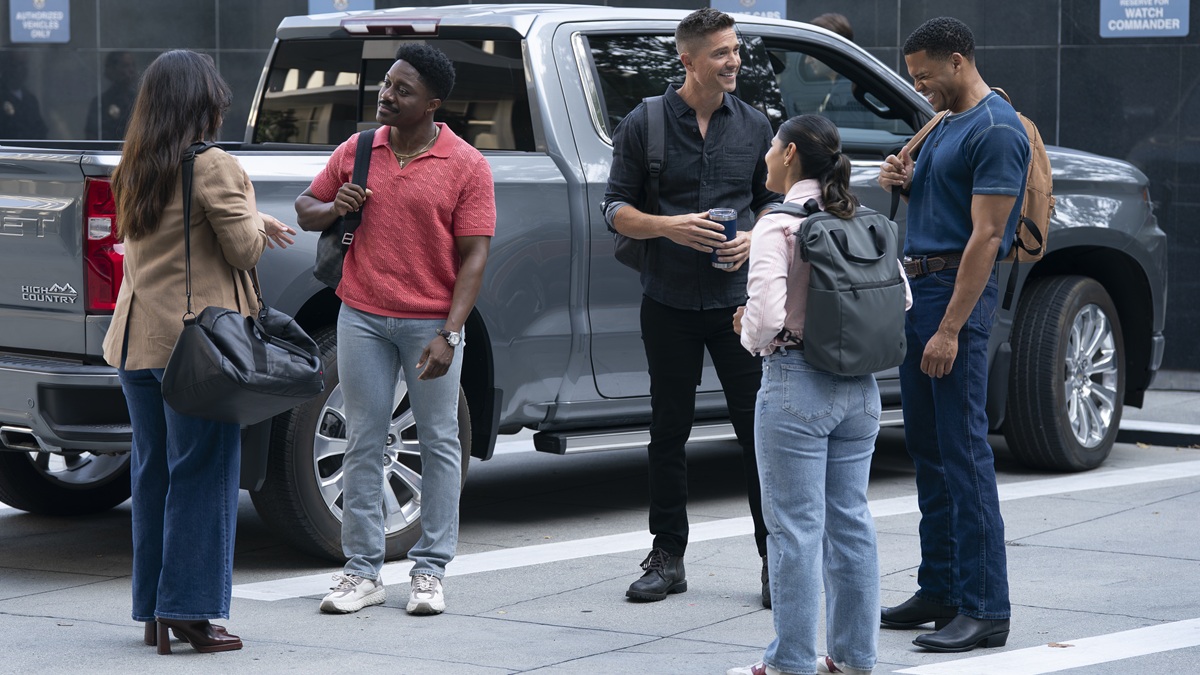

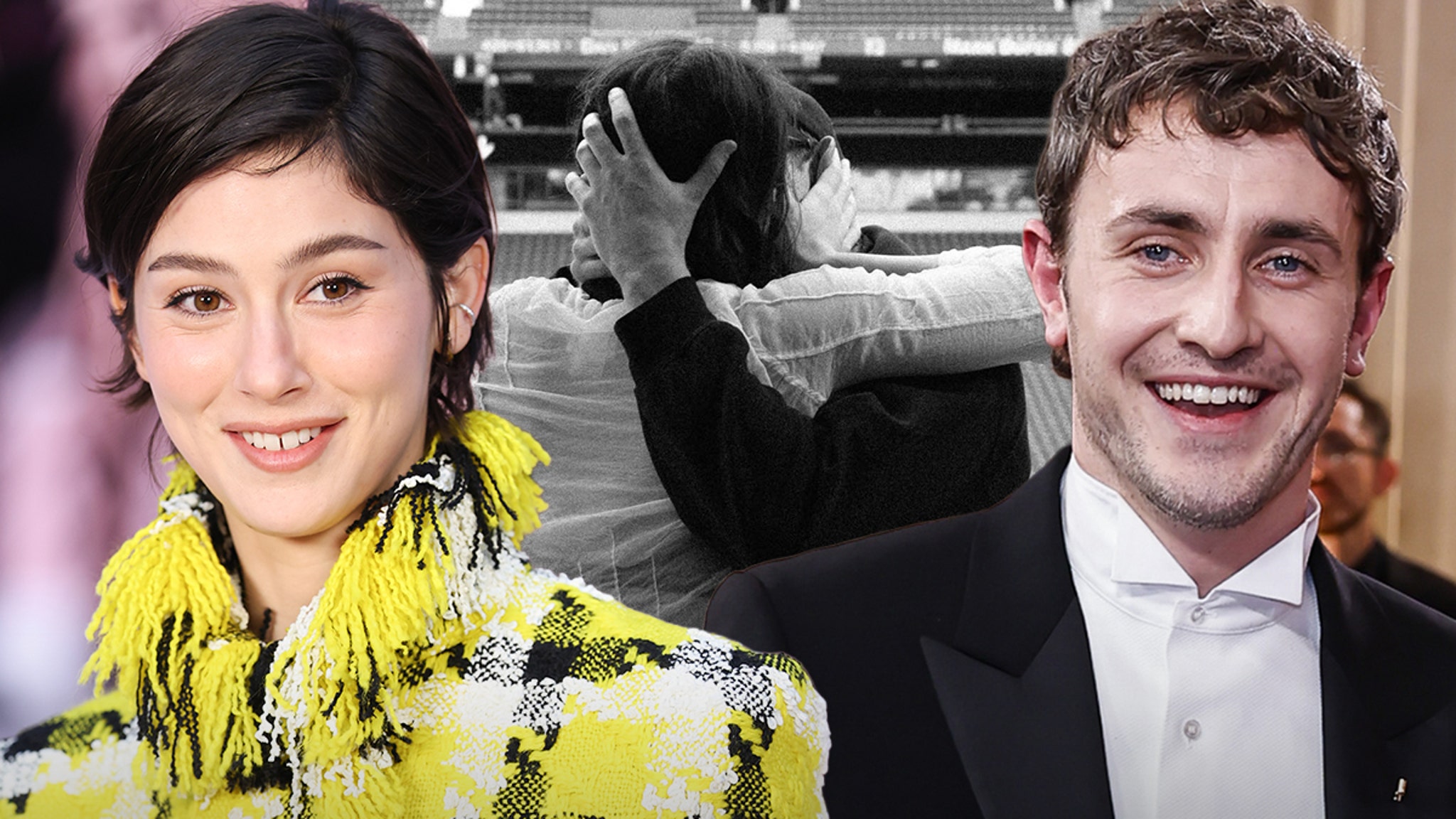
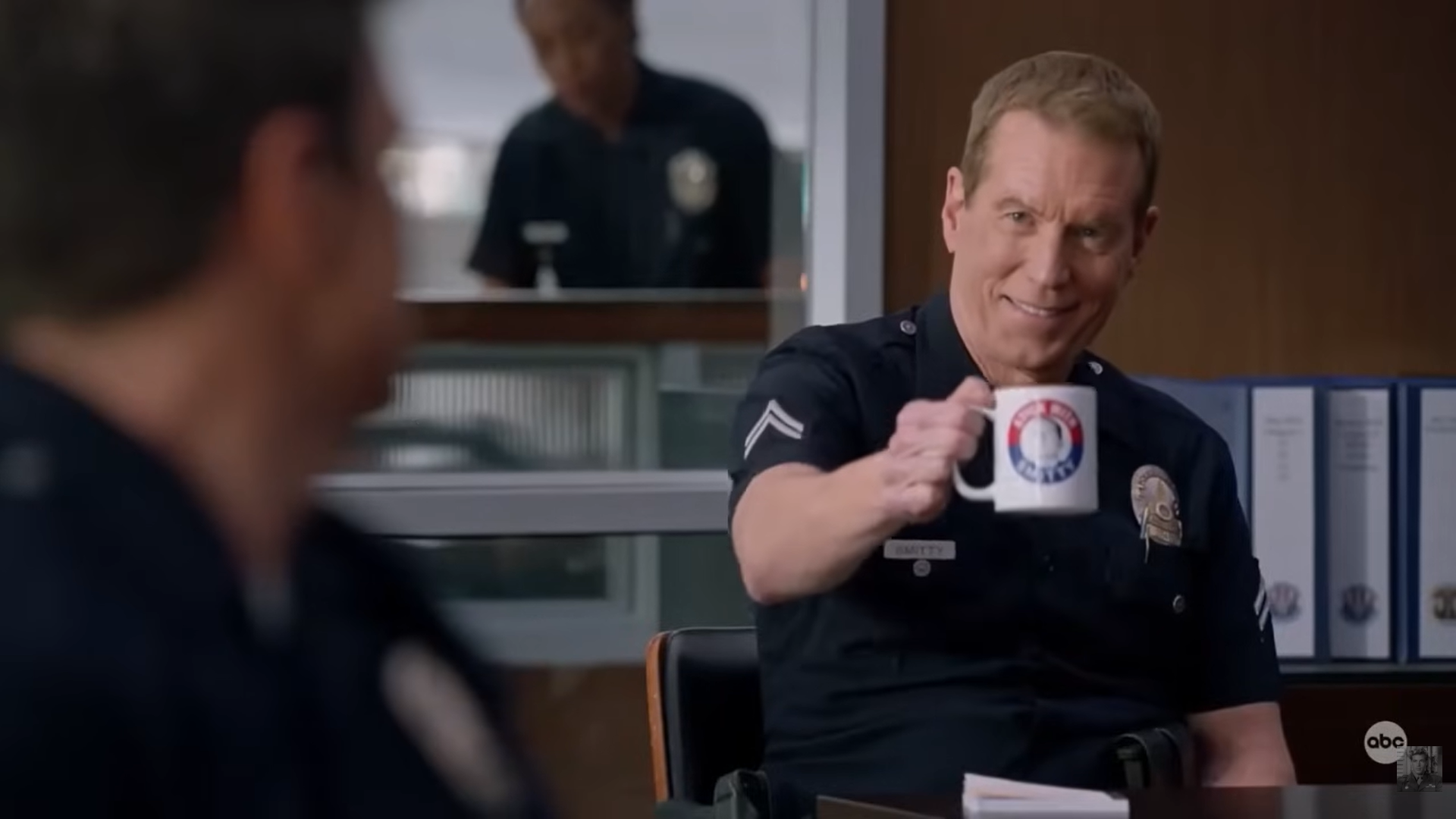



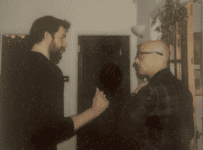
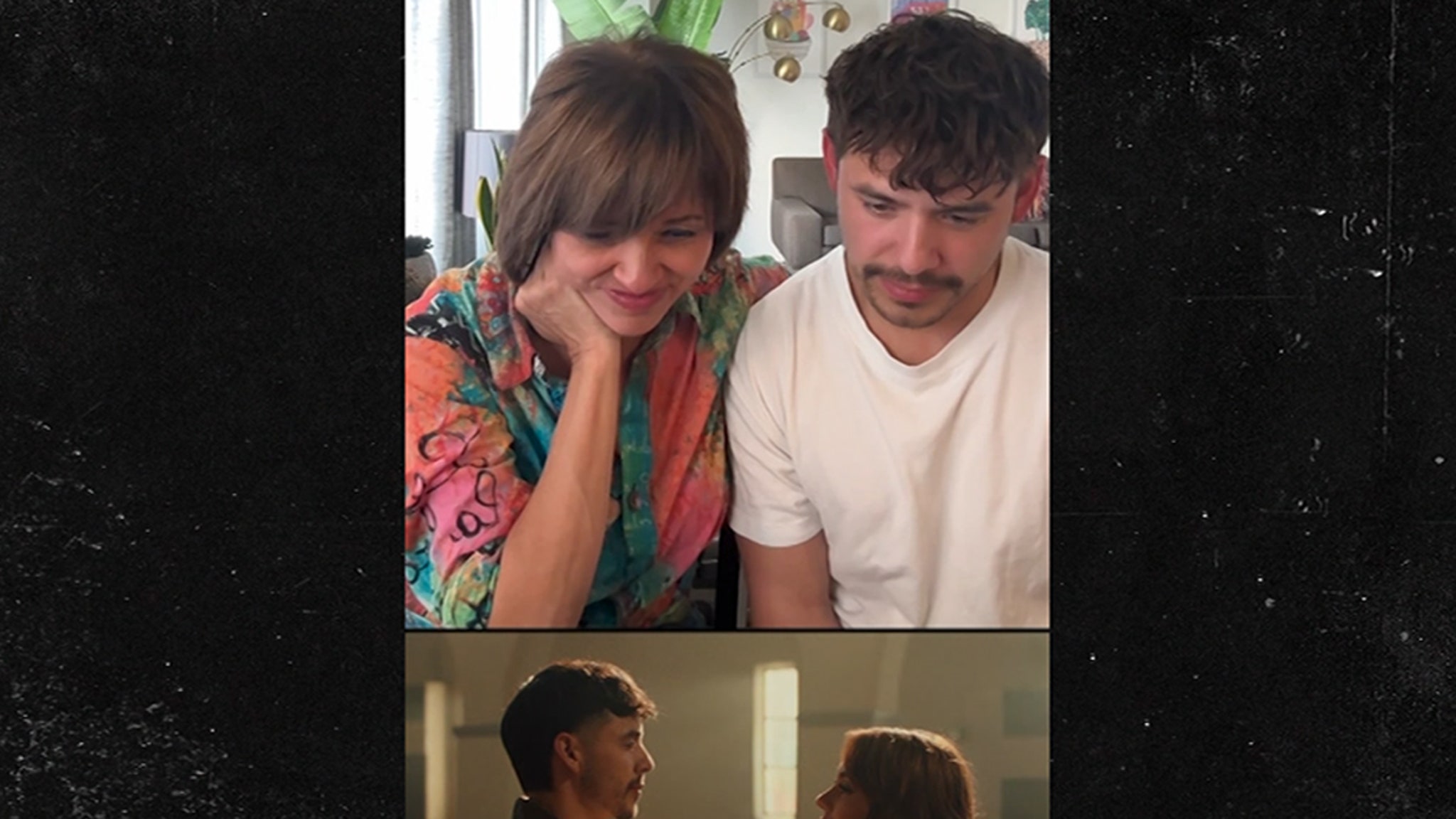

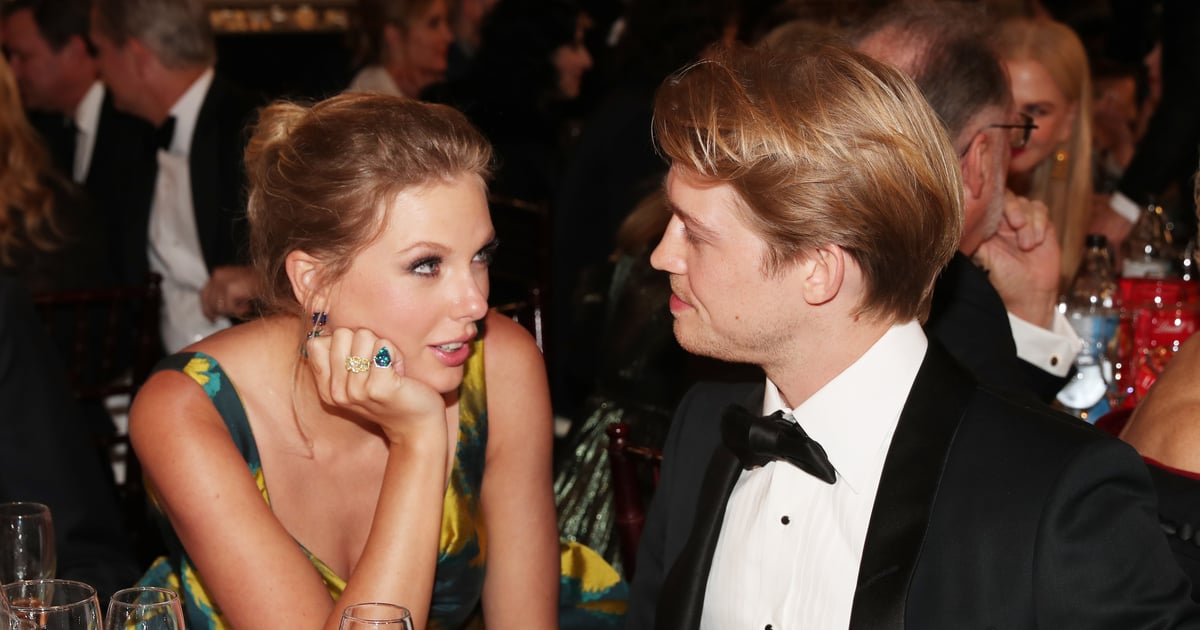


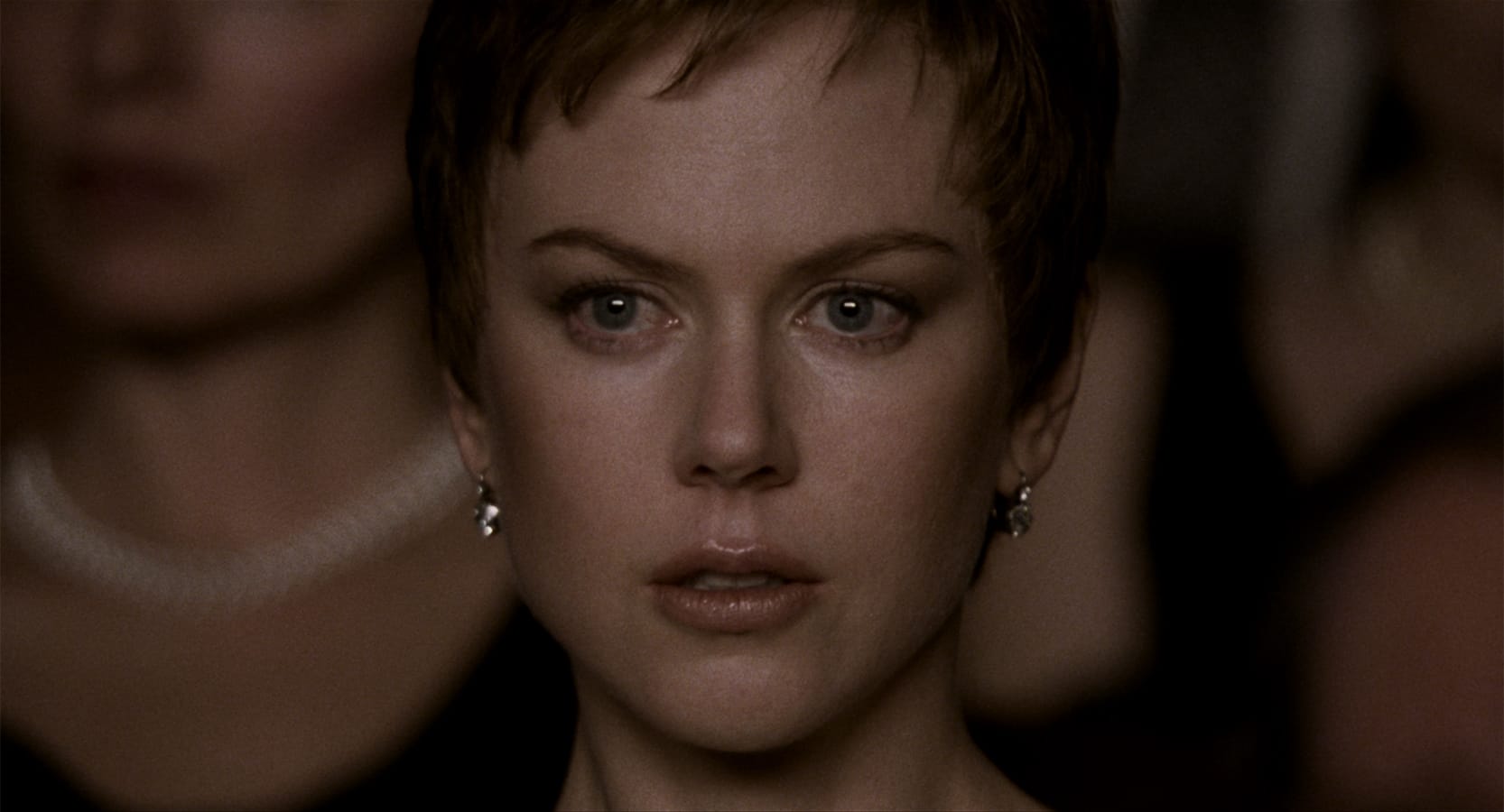

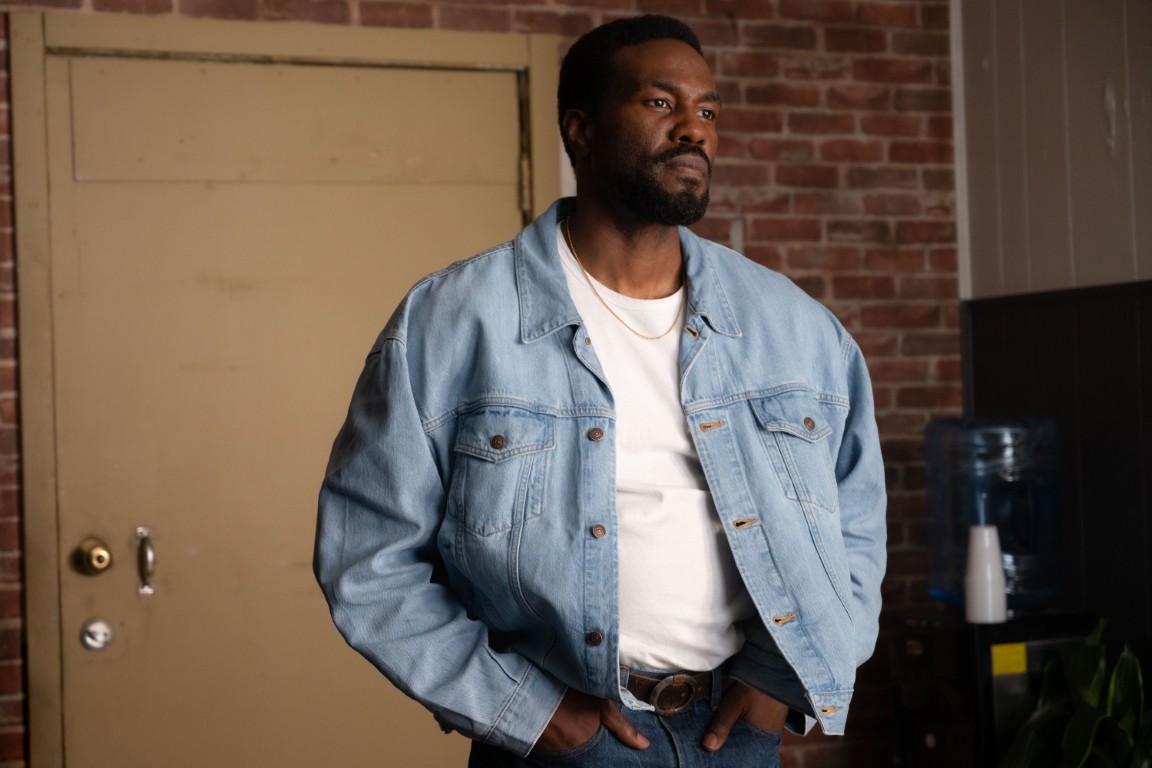
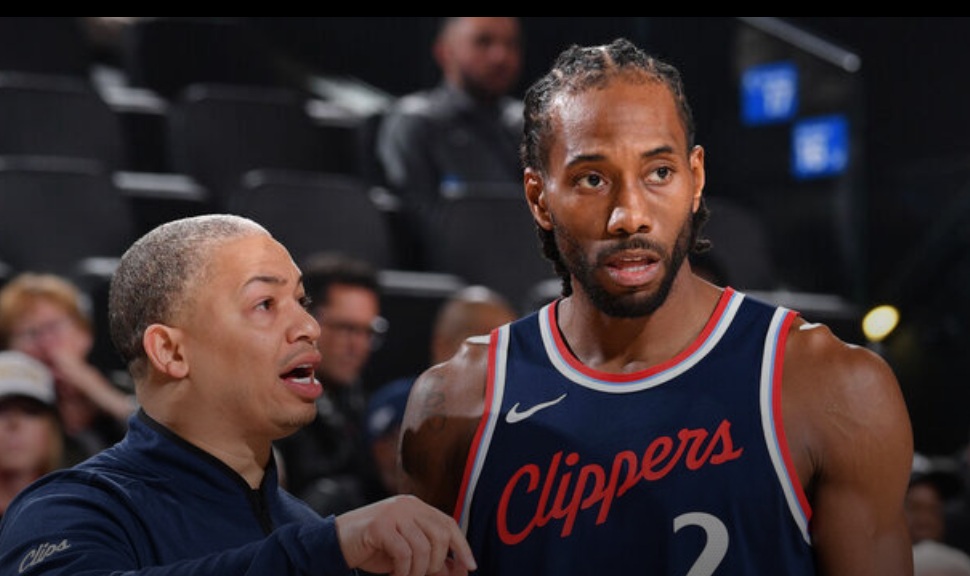
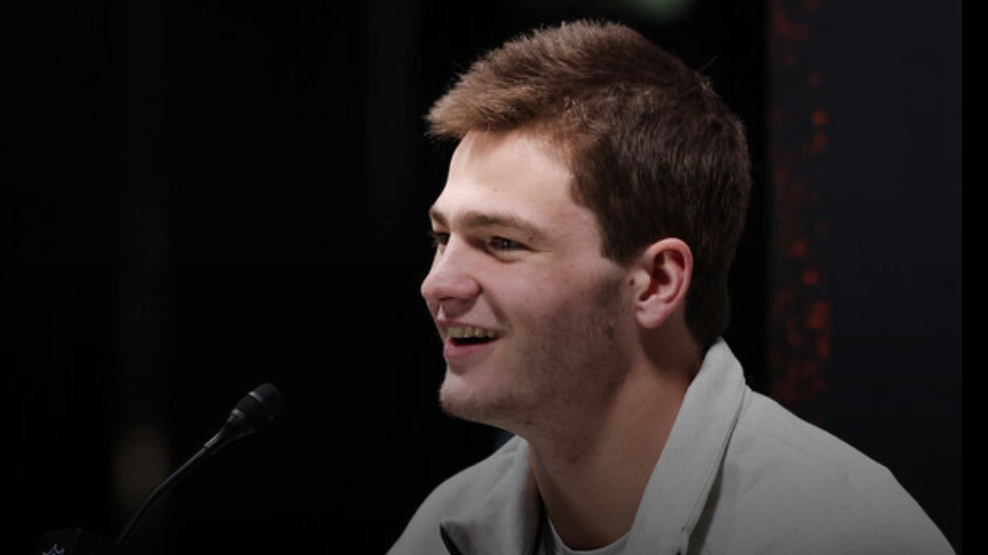
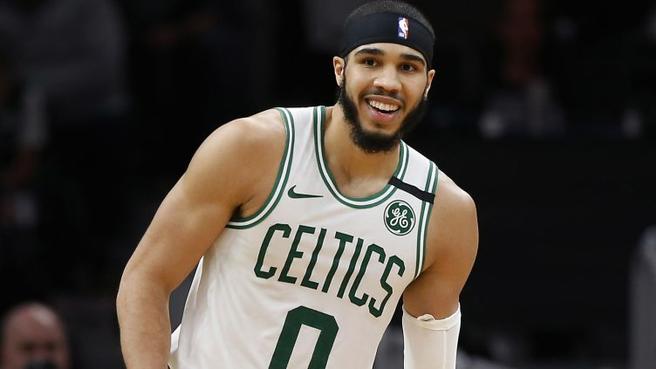
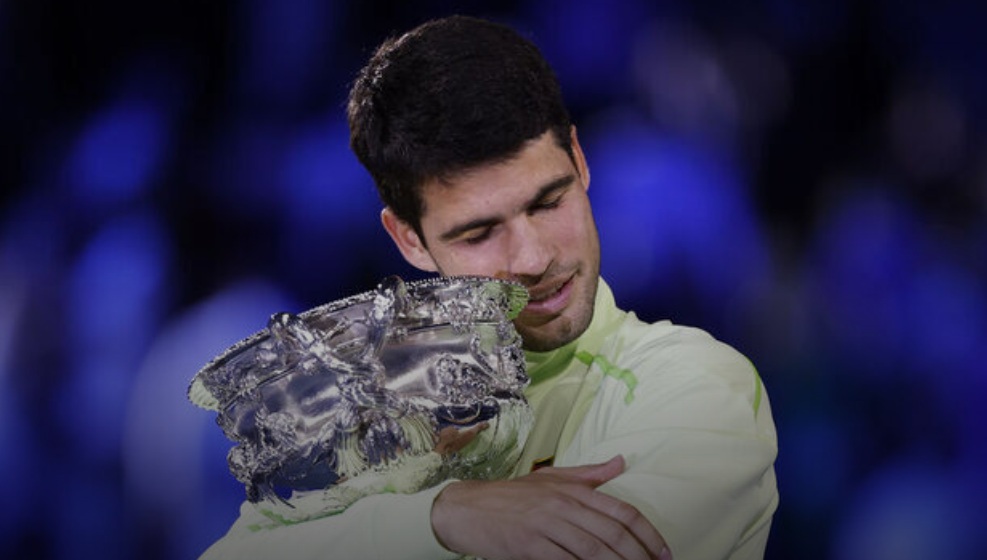
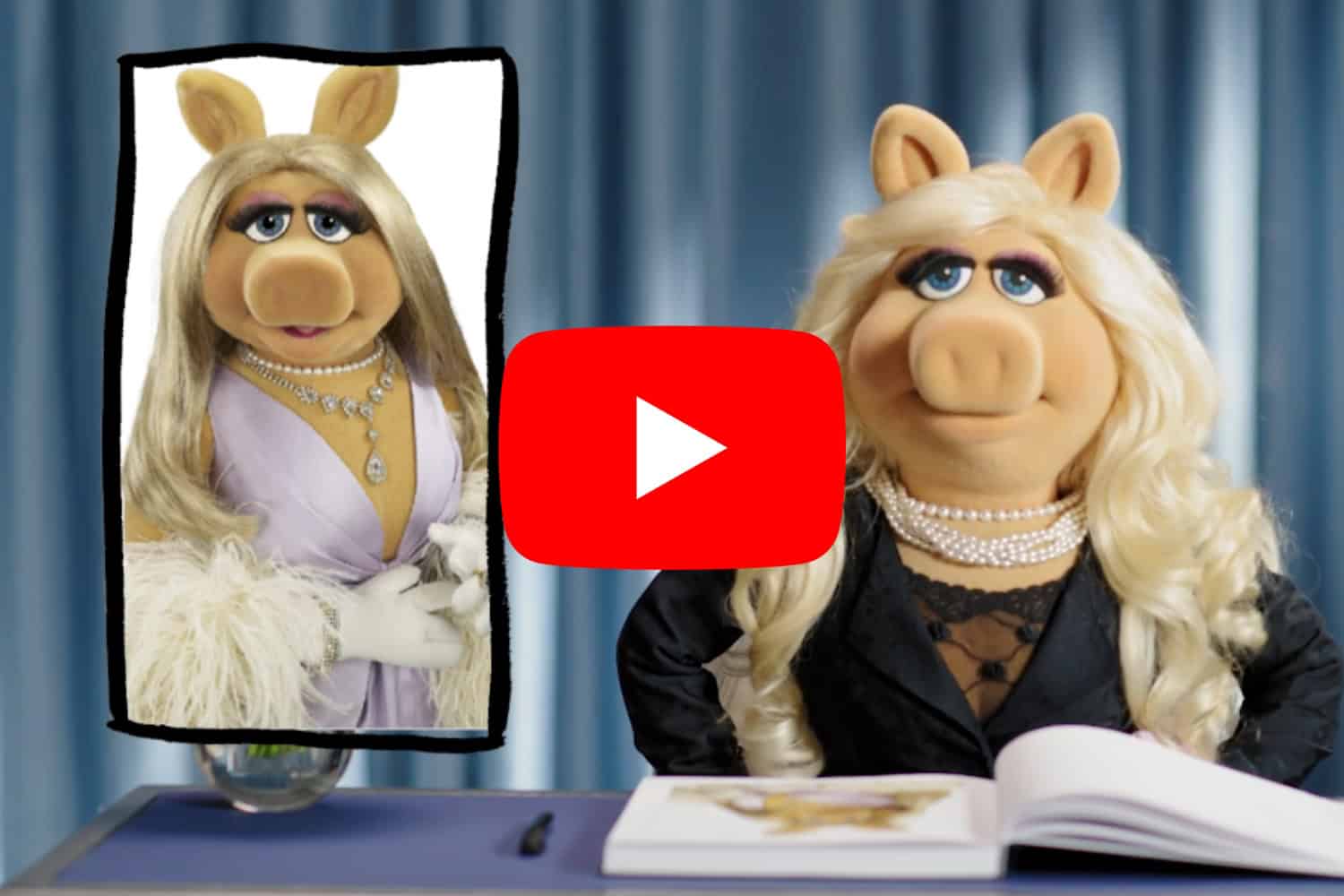
:quality(85):upscale()/2026/02/02/039/n/1922564/ce817f75698139ba0ecb12.67285255_.jpg)
